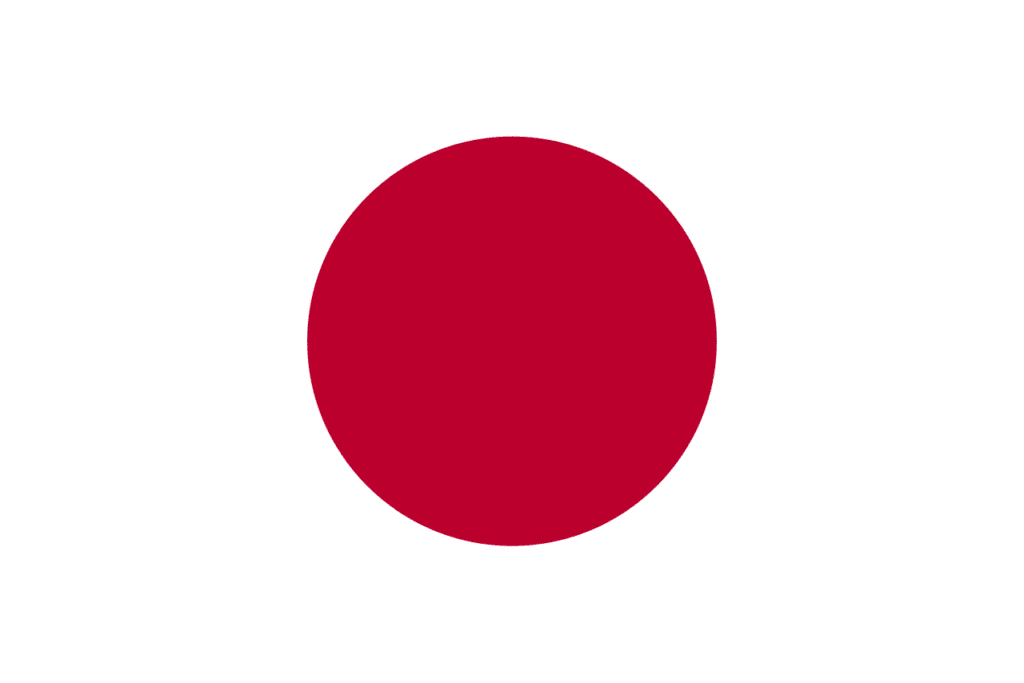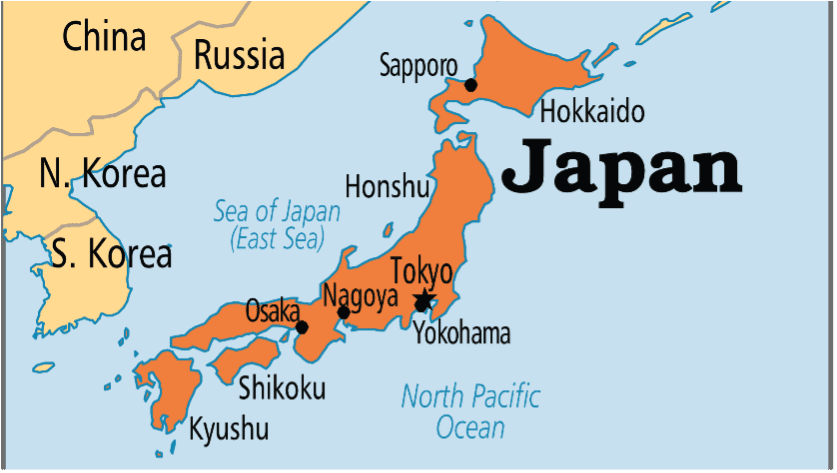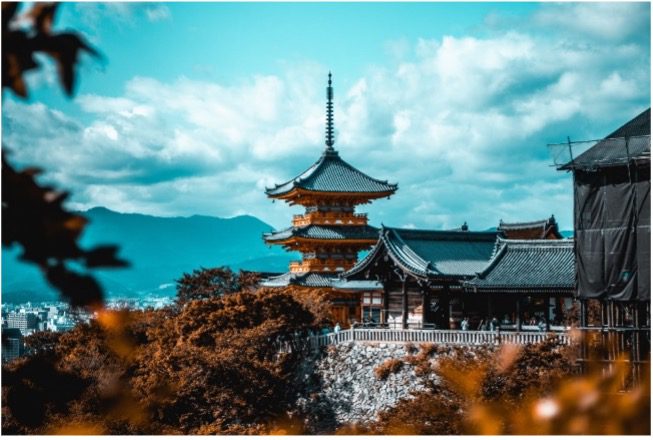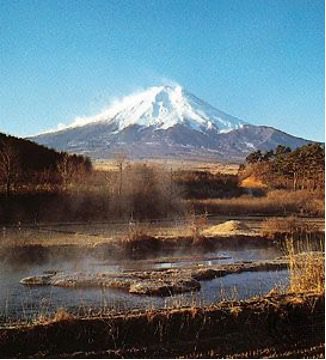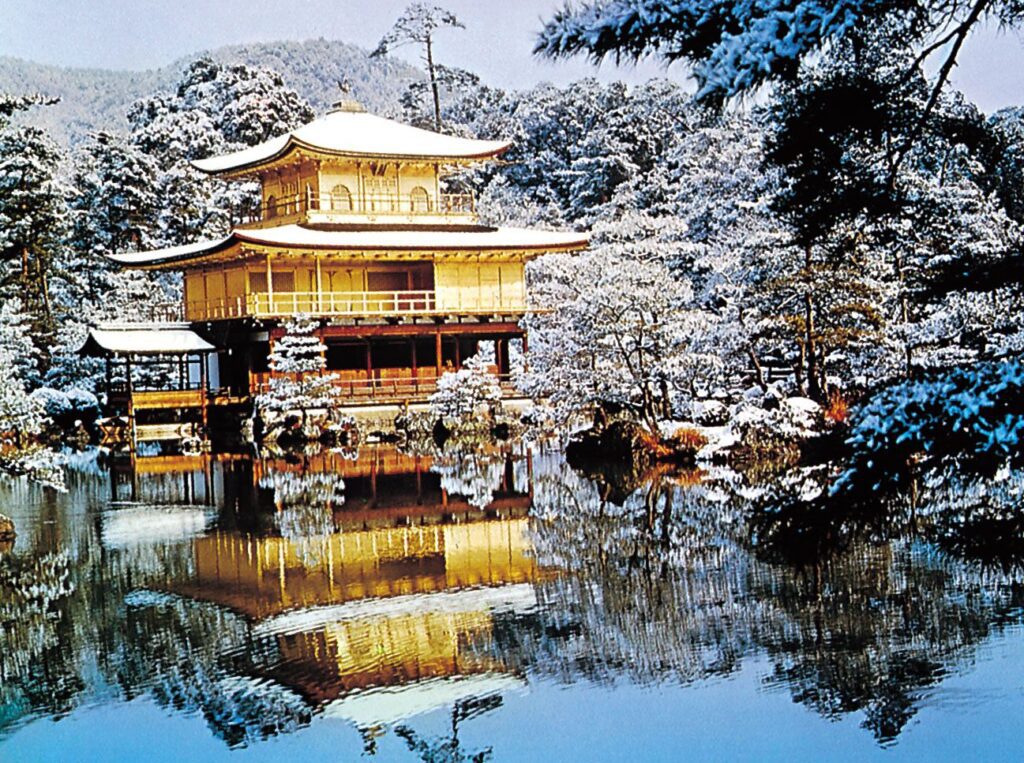PRAYERS FOR Japan
- Japan faces many crises. Even its leaders called it “a superpower without a moral compass”. Many lack hope or confidence in the future. Young people struggle the most, in particular with problems such as a suicide epidemic (over 30,000/year), mistreatment by peers, and teenage prostitution. High suicide and divorce rates in other age groups confirm the crisis. The constant threats of earthquakes, economic decline, and social isolation leave many people open to spiritual matters. The government alone cannot solve Japan’s social problems. This gives the Church a chance to engage with society. Praythat the Church might become prominent in Japan through ministries of compassion, kindness, and love.
- Spiritual powers and principalities in Japan hinder the gospel. The powers associated with idolatry in temples and ancestor worship in homes remain strong. Many Japanese claim no religion, but actually follow some rituals of Buddhism and Shintoism. Even the idea of a Creator God is foreign to the Japanese worldview. Many new religions get started in Japan each year, often based on Buddhism, but also on the occult, the worship of extra-terrestrial aliens, and other strange ideas. Pray and ask God to remove the spirit of delusion!
- Japan has the world’s lowest birth rates and highest life expectancies, so the population rapidly ages. The social and economic challenge this creates is enormous. By 2055, half of Japanese will be retired and collect a pension. No other country has faced this before. Pray for more Christian nursing homes and hospices. Japan will need many care workers, and this will create a mission opportunity for believers from other nations. Japan’s low birth rate results in a small younger generation with their own challenges and issues. Those aged 18-23 are the most open to the gospel, but few actually become active believers. The bonds that once held Japanese society together have lost much of their strength.
- Specific challenges facing the Church:
- Christianity is still regarded as an outside, Western religion rather than a universal faith with the capacity to be truly Japanese. This is despite 500 years of Christian presence in Japan. This also allows for confusion between various Western cultural imports and genuinely Christian expressions of the good news (the Gospel).
- The minority complex. Christians are a tiny minority in a society where consensus and conformity are important. Too few families come to faith, and too many individuals feel exposed. Pray for the Church to reach the size of critical mass and native character that will give it social credence and acceptability.
- Unity is lacking in a Church that numbers only 1.5% of the population. Literally hundreds of denominations and groups exist along very fragmented lines. Such organizational and theological divides and lack of nationwide cooperation hamper progress and increase attrition rates. The United Church and the JEA have started enjoying much improved relations. Nevertheless, we ought to remain true to the Word. It’s better to be separated by truth than united in error.
- The strong Confucian tradition in Japan has admirably created a society with high ethical standards; the need for the Church to maintain these standards as a minimum can often lead congregations into legalism.
- Non-active membership and backsliding. Church attendance is low; less than half of church members regularly attend. Often, Christians are influenced by the Buddhist/Shinto religions, which have no regular attendance requirements, and they carry this thinking into Christian activities. Although evangelicals number up to 0.5% of the population, regular Protestant church attendance may be less than half of that.
- Too few viable, active congregations. At least 70% of all churches have an average attendance of less than 30. T oo much is expected of the pastor. Pray for pastors willing to activate lay people to engage in persistent, innovative outreach to non-Christians. Most churches will not have even one baptism in any given year!
- The lack of men in churches. The drive for success and desire to satisfy the demands of employers make it hard for men to openly identify with and become active in a church. On average, women attenders outnumber men 7 to 1.
- Mission to Japan – Japan is the largest un-evangelized nation that is completely open to missionaries. Yet, due to spiritual, socio-cultural, linguistic and financial difficulties, becoming an effective minister of the gospel is a long, hard process of adaptation.
- Japanese returnees who became believers overseas are a hugely strategic group. Over a million Japanese live abroad; their numbers are greatest in the USA, Brazil and China. Every year, over 1,600 return home having encountered Jesus, many with a missional burden for their homeland. Japanese who return home having become Christians abroad struggle to integrate into the native church scene. Japanese Christian Fellowship Network, Japan Christian Link, Reaching Japanese for Christ, Friends International UK and several other ministries focus on this challenge. Pray for good coordination between ministries reaching Japanese abroad and those helping returnees to reintegrate into Japanese life. Pray for returning Christians to have a major impact on church life.
- The less-evangelized areas and peoples of Japan:
- There are 24 cities in Japan with no church at all, including Akabira, Utashinai, Obanazawa, Mino, Motosu, Inabe, Akitakata, Matsuura, Kamiamakusa and Kaseda. Of the 1,020 towns and villages, 595 have no church. Pray for a church planting movement that will penetrate these unreached areas.
- Numerous rural areas are scarcely touched with the gospel. The Japanese Church has little vision for reaching out to the many towns with minimal or no Christian presence.
- The ruling elite have been minimally influenced by the gospel. Pray for the emperor and royal family, cocooned in tradition and committed, by their position, to Shintoism. Prayfor politicians and businessmen, those in control of finance and industry who have such global impact. There are some ministries aimed at them; the most dynamic among these is the VIP Club.
- Koreans are descendants of those forcibly taken to Japan between 1903 and 1945. They are generally poorly treated and are classified as resident aliens – even into their third and fourth generations. The Korean community is sharply divided in their allegiance to either North or South Korea. South Korean missionaries have planted over 500 churches among them, but the percentage of Christians is lower than that of South Korea.
- Chinese, who number 25,000, but perhaps twice that when including illegal immigrants. There are about 30 Chinese churches only, with fewer than 2,000 believers. Japan probably has the least-evangelized Chinese population of almost any nation.
- The Ainu, ethnically unrelated to the Japanese, first settled in north Japan. They number as few as 25,000, and their heritage is at risk of extinction. The number of Ainu believers (if any) is unknown, and specific outreach is necessary.
- Exploited women and their exploiters. The yakuza criminal network has actively imported 200,000 foreign women to become sex-slaves, usually through debt bondage. There are an estimated 100,000 Thai and also many Filipina women involved. Sex crimes against children are rapidly rising; Japanese men remain a significant source of the demand for prostitution of women and children across East and Southeast Asia. Child pornography is another polluting and exploitative evil that must be brought down through prayer and action. Pray for this evil system to be halted and for these tragically exploited women and children to be liberated at every level.
- Muslims have increased through legal and illegal immigration of Bangladeshis, Malays, Iranians, Pakistanis and others. Some Japanese have become Muslim, largely through marriage. Little is being done to reach them.
- Christian literature. In no other country of the world is literature more appropriate for evangelism. A highly literate, reading, commuting society offers an excellent market for publishing and distributing high-quality Christian literature. Pray for:
- More Christian writers of evangelistic and apologetic literature who can communicate with non-Christian enquirers.
- Scripture distribution. The Gideons and The Bible Society cooperate to distribute nearly 2 million Bibles and NTs each year – another 1 million are sold. A new translation of the Bible in 2003 has been a blessing to this effort. Despite a significant minority of Japanese owning Scriptures, understanding this alien message is a challenge for most.
- Manga (graphic novels) accounts for a third of all published books and magazines in Japan. The Manga Bible, the Manga Messiah and other Christian manga publications – including “The Gospel Edition” manga comic book, which prints 2 million copies per year – are therefore crucially important in reaching the Japanese.
- Christian bookstores number over 100, with several large networks, including Word of Life (14 stores) and CLC (9 stores), websites and a bookmobile ministry.
- Evangelistic literature. New Life League may be the largest producer of literature in Asia, producing 15 million pieces of literature annually for Japan, Asia and Eastern Europe. EHC has distributed nearly 200 million tracts over the years.
- Word of Life Press Ministries is one of Japan’s largest non-profit publishers. Its 12 semi-independent divisions publish Bibles, books, music, videos, digital media, computer software, Christian education materials, church supplies, two monthly magazines, a quarterly journal for pastors, tracts, gifts, cards and a weekly newspaper. It has a vital role in evangelicalism in Japan.
- Christian media are very valuable in technologically astute Japan. Pray for these:
- The Internet has opened many new streams of media. There are many sites for Japanese, from teaching and discipling of believers to apologetics and pre-evangelism. Congregations’ websites are one major way that seekers find local churches.
- Arts, both traditional and modern, are important to this sophisticated culture. Christians in the Arts Network encourages, connects and mobilizes artistic endeavours in the Church.
- Christian TV and radio are widely available for the tech-savvy Japanese. Light of the World, Harvest Time and Calvary Chapel Hours are three well-known programmes with millions of viewers. There are many ministries broadcasting or producing programmes for radio (shortwave, medium wave, FM and Internet radio). These include, but are not limited to, FEBC, TEAM, TWR, HCJB, Japan Mission, Lutheran Hour, Bible Broadcasting Network and BBI/Friendship Radio.

